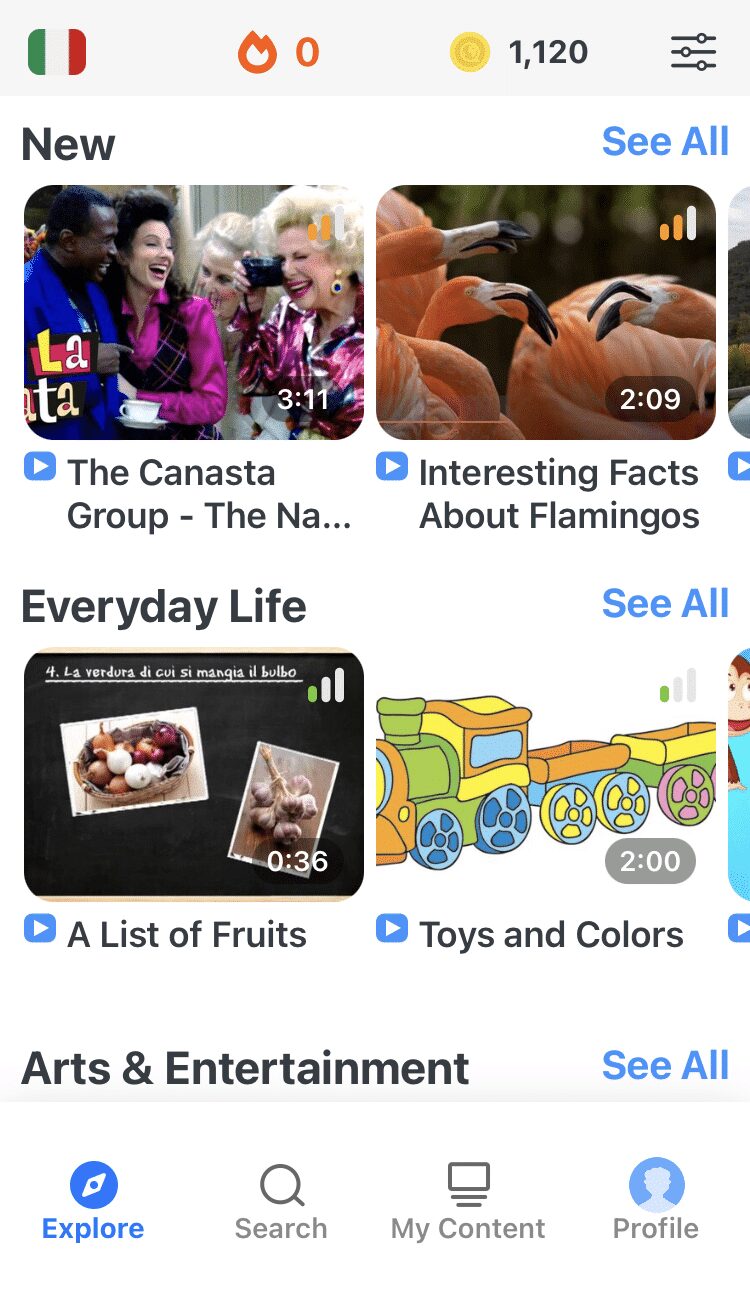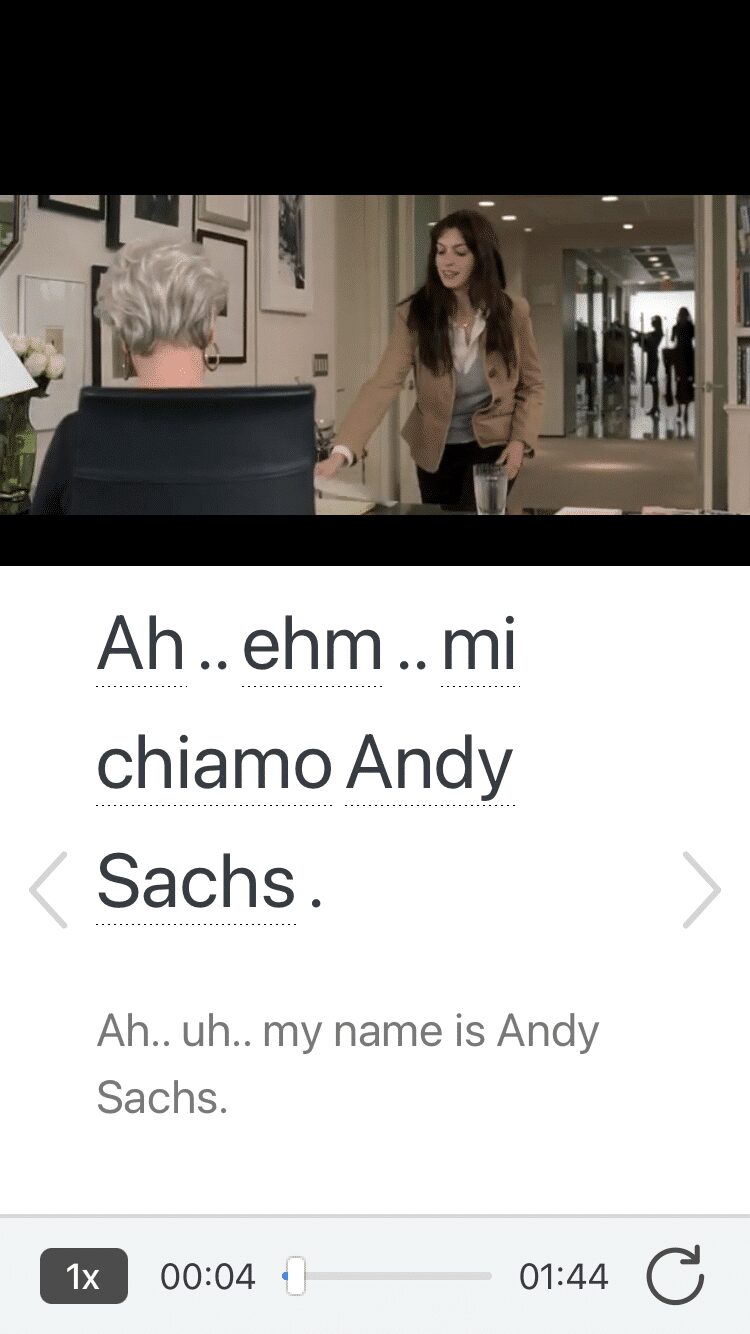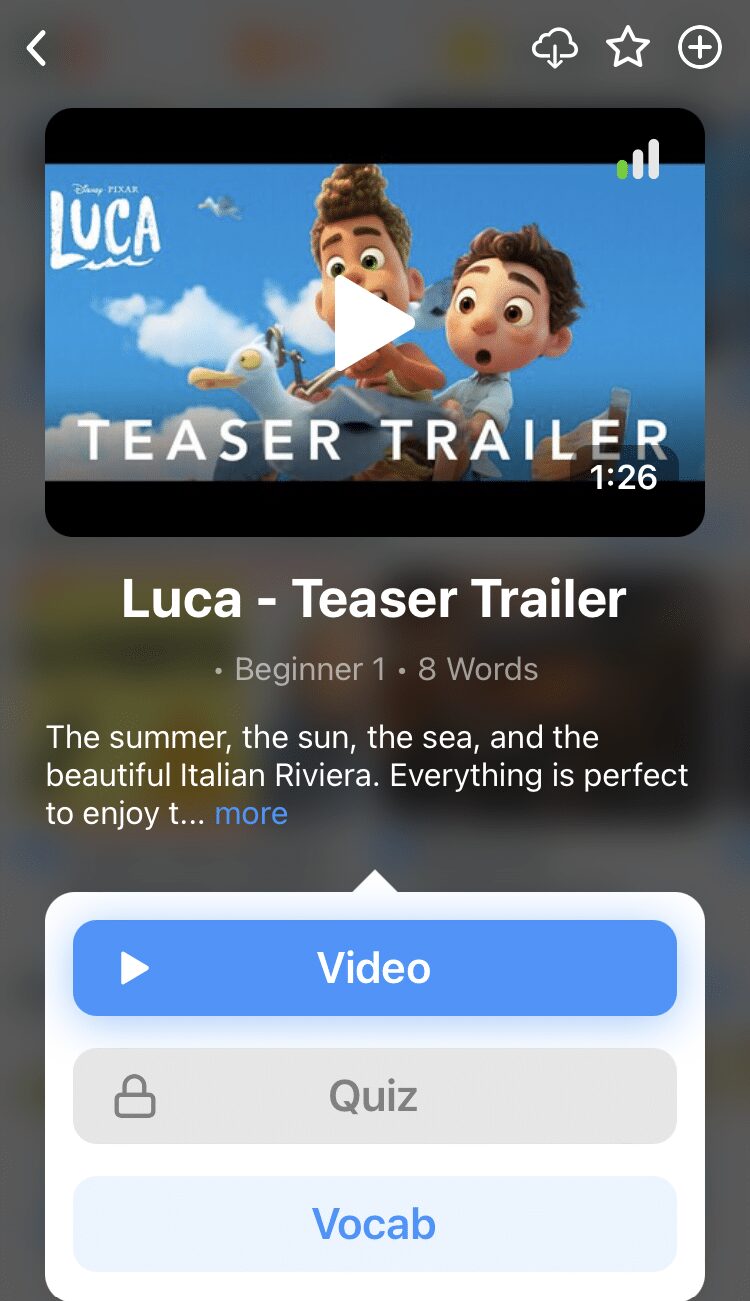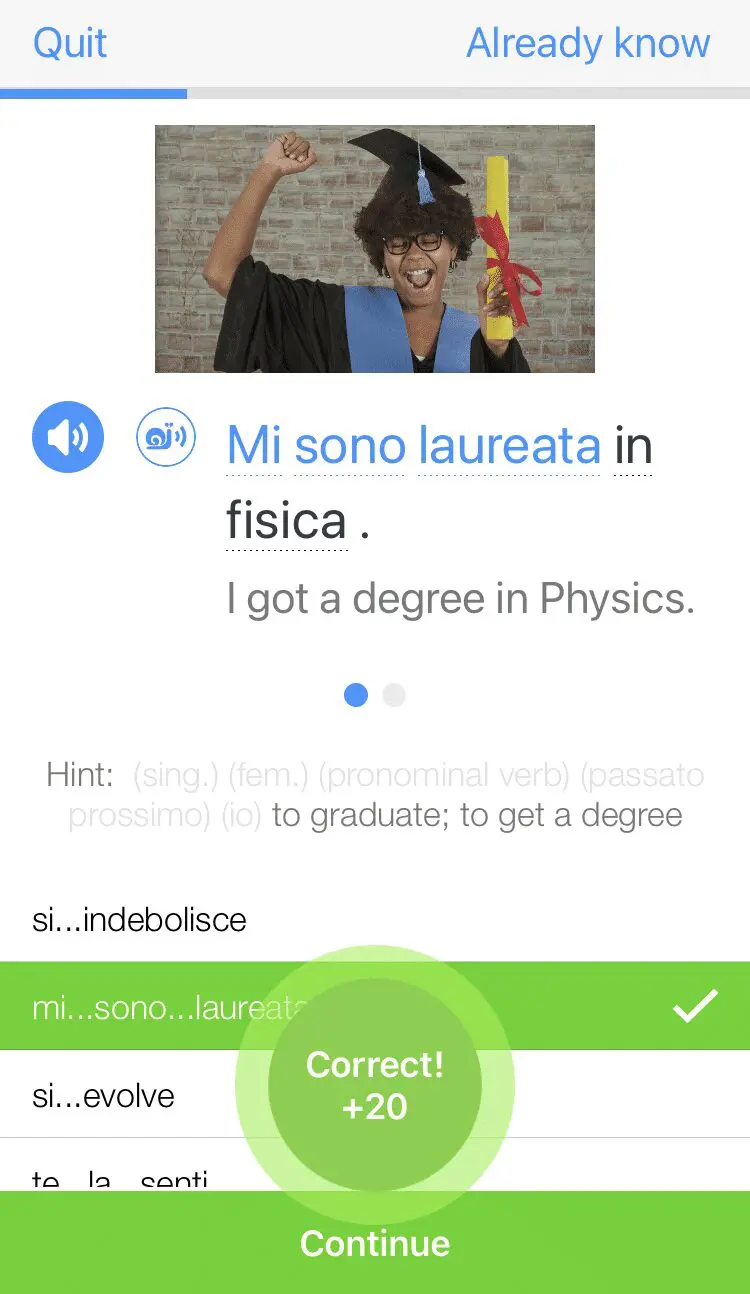Italian Text and Internet Slang: 75 Terms

Texting or chatting with native Italian speakers is a great way to practice your language skills.
You get to use your new vocabulary and informal phrases without the pressure of speaking in person, but you might be caught off guard by some Italian text or internet slang that you haven’t seen in your textbook or even on a language learning app.
Discover over 75 Italian slang terms and abbreviations that native Italians use when chatting online or by text. No matter what level you’re at, this guide will be useful for your future Italian communications.
Download: This blog post is available as a convenient and portable PDF that you can take anywhere. Click here to get a copy. (Download)
The Letter “K”
While the letter “k” isn’t in the Italian alphabet, the Italians still make use of its presence on their keyboard. In these slang words, it indicates the same sound as it has in English.
It replaces the more complex “h” that Italian spelling rules sometimes require between the “c” and the vowel ( ca, co, che, chi, cu ).
| Internet/Text Slang | Standard Italian | English Translation |
|---|---|---|
| k or ki | chi | who, what |
| ke | che | what, that |
| km | come | how |
| kn | con | with |
| ks | cosa | what, thing |
| ksì | così | so, therefore |
| anke | anche | also |
| xkè or xk | perché | why, because |
| kiakkiera | chiacchiera | chit-chat, small talk |
The Letters “C” and “Q”
The “c” is called ci (with a hard “ch” sound) and can thus be used by itself.
You’ve probably already noticed from these examples that vowels tend to get eliminated in internet chat spellings. This is especially true of the letter “u” after a “q.”
| Internet/Text Slang | Standard Italian | English Translation |
|---|---|---|
| c | ci | there |
| c6? | sei ci? | are you there? |
| qlk | qualche | some, a few |
| qlk1 | qualcuno | someone |
| qnd | quando | when |
| qndi | quindi | therefore |
| qnt | quanto | how much |
| qst | questo | this |
| qls | qualcosa | something |
| qlcn | qualcuno | someone, somebody, anyone, anybody |
The Letter “X”
One potentially confusing very common abbreviation is “x” for per (for, by, etc.). To understand why, you need to see how per is used in math:
5 x 4=20 (said as: cinque per quattro fa venti )
You can thus use “x” anywhere you would use per, as well as in these bigger words that contain the letters per together:
| Internet/Text Slang | Standard Italian | English Translation |
|---|---|---|
| xkè | perché | because |
| xciò | perciò | therefore, for this reason |
| xh | per ora | for now |
| xò | però | but |
| xsona | persona | person |
| sxo | spero | I hope |
| sxiamo | speriamo | we hope |
| xfetto | perfetto | perfect |
| xmesso | permesso | permission |
| + - x | più o meno per | more or less |
It helps to see that last one in a larger context:
Sarò da te +-x le 4 — Sarò da te più o meno per le 4. — I’ll be at your place at about 4:00.
Other Common Abbreviations Used in Italian Texting
This series of abbreviations doesn’t follow any particular rules except that they tend to eliminate vowels:
| Internet/Text Slang | Standard Italian | English Translation |
|---|---|---|
| allr | allora | then, so |
| brv | bravo, brava, bravi, brave | good |
| brvximo, brvxima, brvximi, brvxime | bravissimo, bravissima, bravissimi, bravissime | very good, excellent |
| cmq | comunque | anyway, however, in any case |
| d | di | of, them |
| midi | mi dispiace | I'm sorry |
| pfv | per favore | please |
| grz | grazie | thanks |
| prg | prego | you’re welcome |
| nn | non | not |
| nnt | niente | nothing, anything |
| tn | tanto | a lot, much, long time |
| risp | rispondi | answer |
| prox | prossima | next |
| gg | oggi, giorno | today, day |
| stas | stasera | this evening |
| dm | domani | tomorrow |
| c sent | ci sentiamo | we'll talk later |
| dp | dopo | after |
| bst | basta | stop |
| dr | dire | to say |
| dv 6? | dove sei? | where are you? |
| dx | destra | right (this is also a medical abbreviation, and not simply for the internet) |
| sx | sinistra | left |
| frs | forse | maybe |
| mmt+ | mi manchi tantissimo | I miss you so much |
| num, nm or nr | numero | number |
| msg | messaggio | message |
| scs | scusa | sorry |
| sl | solo | only, just |
| smpr | sempre | always |
| sn | sono | I am, they are |
| t tel + trd | ti telefono più tardi | I'll call you later |
| t km dp | ti chiamo dopo | I'll call you later |
| tt | tutto, tutti | all, everybody, everyone |
| trnqui or trnqi | tranquillo | relax (this is very Milanese) |
| trp | troppo | too much |
| vlv | volevo | I would like, I wanted |
| -male | meno male | thank goodness, "phew" (used to express relief) |
| bimbominkia / bimbaminkia (m./f.) | bambino/a minchia | A disparaging slang term used to describe a young person who's immature or annoying. Often refers to their misuse of grammar and overuse of abbreviations and emojis. |
Another common occurrence in Italian text slang is removing the final vowel from direct object pronouns. Here are some examples:
- m — mi — me (For example, m hai detto instead of mi hai detto for “you told me.”)
- t l faccio vedere io — Te la faccio vedere io! — I’ll show you! (menacing)
Italian Text Slang for Expressing Your Feelings
You’ll notice lots of dropped vowels occur in these very common expressions of affection:
| Internet/Text Slang | Standard Italian | English Translation |
|---|---|---|
| tvb | ti voglio bene | I like you, I care about you (not generally romantic) |
| tvtb | ti voglio tanto bene | I like you so much (getting more affectionate but generally still not romantic) |
| tvtttttb | ti voglio tanto tanto tanto tanto...bene | An exaggeration of the above, with as many "t's" as desired, and is possibly getting closer to an "I love you" (ti amo) |
| t.a. | ti amo | I love you |
| t.a.t. | ti amo tanto | I love you a lot |
| bc | baci | kisses |
Reactions, Emojis and Symbols for Italian Texting
While the following aren’t necessarily universal to all languages, they’re common to both English and Italian. You should feel free to use them and know that your Italian friends will understand.
- Laughing (risate): lol, haha, hahaha, hehehe/hihihi
- Emojis and symbols such as:
- :) — the smile (il sorriso) or smiley face (faccia sorridente)
- ;) — The wink, known in Italian as strizzare l’occhio, fare l’occhiolino or fare l’occhietto. Note that Italians wink in conversation much more than English speakers do as a signal of common understanding, and not simply for flirting.
- Xoxoxoxo, :* or :*** — kisses (baci)
One expression with a slightly different meaning between Italian and English is raising both eyebrows. As an English speaker, you might think of this as an expression of surprise. But for Italians, it often indicates superiority or that someone seems to have come out on top in a particular story.
You may see it online or in a text as two caret symbols:
- ^^ — alzare le sopracciglia — to raise the eyebrows
With this Italian text slang, you’ll be able to follow along wherever you’re communicating in the digital world.
If you’re also interested in learning some Italian slang words and phrases to use in conversations, you could try using FluentU to hear Italian slang used in context.
FluentU takes authentic videos—like music videos, movie trailers, news and inspiring talks—and turns them into personalized language learning lessons.
You can try FluentU for free for 2 weeks. Check out the website or download the iOS app or Android app.
P.S. Click here to take advantage of our current sale! (Expires at the end of this month.)
Are you ready to chat like a bimbominkia?
Download: This blog post is available as a convenient and portable PDF that you can take anywhere. Click here to get a copy. (Download)
And One More Thing...
If you're as busy as most of us, you don't always have time for lengthy language lessons. The solution? FluentU!
Learn Italian with funny commericals, documentary excerpts and web series, as you can see here:

FluentU helps you get comfortable with everyday Italian by combining all the benefits of complete immersion and native-level conversations with interactive subtitles. Tap on any word to instantly see an image, in-context definition, example sentences and other videos in which the word is used.

Access a complete interactive transcript of every video under the Dialogue tab, and review words and phrases with convenient audio clips under Vocab.

Once you've watched a video, you can use FluentU's quizzes to actively practice all the vocabulary in that video. Swipe left or right to see more examples of the word you’re on.

FluentU will even keep track of all the Italian words you’re learning, and give you extra practice with difficult words. Plus, it'll tell you exactly when it's time for review. Now that's a 100% personalized experience!
The best part? You can try FluentU for free with a trial.
Start using the FluentU website on your computer or tablet or, better yet, download the FluentU app from the iTunes or Google Play store. Click here to take advantage of our current sale! (Expires at the end of this month.)








